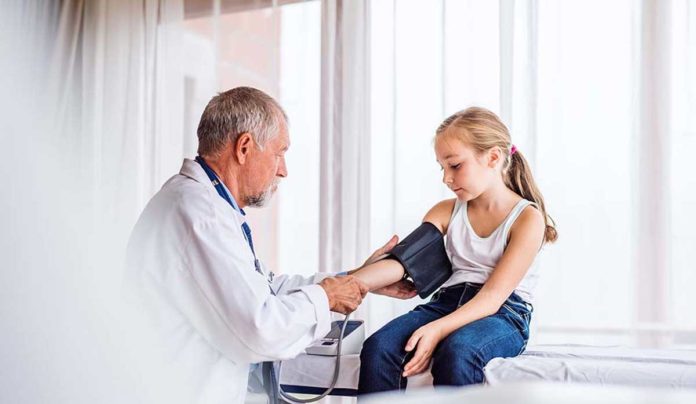According to a new study at Yale University, American boys experience more pain than girls despite identical clinical circumstances and identical pain behavior across conditions. At the point when requested to survey how much pain a child is encountering, dependent on the perception of identical reactions to a finger-stick, American adults trust boys to be in more pain than girls.
Scientists attribute this downgrading of the pain of girls and/or upgrading of the pain of boys to culturally ingrained and scientifically unproven myths like “boys are more stoic” or “girls are more emotive.”
Scientists showed participants the same video of a 5-year-old receiving a finger-stick at a pre-kindergarten doctor’s visit. They then asked participants to rate how much pain they thought the child was actually experiencing.
While all participants watched an identical video of an identical child exhibiting identical pain-display behaviors, the group who knew the child as “Samuel” said he was in more pain than the group who knew her as “Samantha.”
Based on their rating, the study backs up studies done on gender stereotyping and biased clinical assessment of pain in adult patient populations but is only the second of its kind to take these questions to the pediatric level.
Joshua Monrad ’20, second author of the study, said, “We really hope that these findings will lead to further investigation into the potential role of biases in pain assessment and health care more generally. If the phenomena that we observed in our studies generalize to other contexts, it would have important implications for diagnosis and treatment. Any biases in judgments about pain would be hugely important because they can exacerbate inequitable health care provision.”
This study- published in the Yale University Department of Psychology. Other authors include Brian Earp, Marianne LaFrance, John Bargh, Lindsey Cohen, and Jennifer Richeson.
